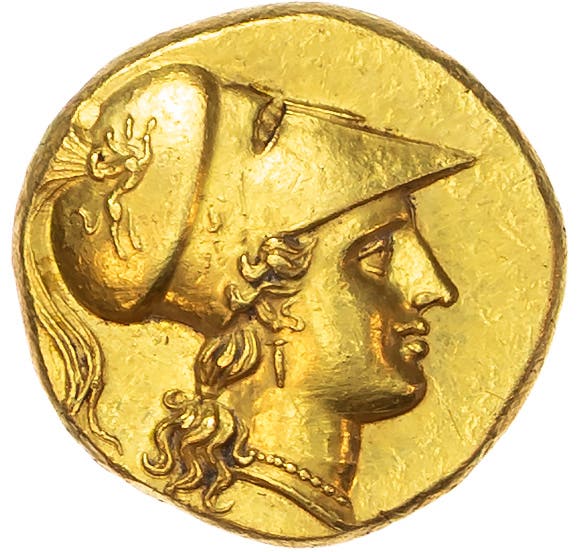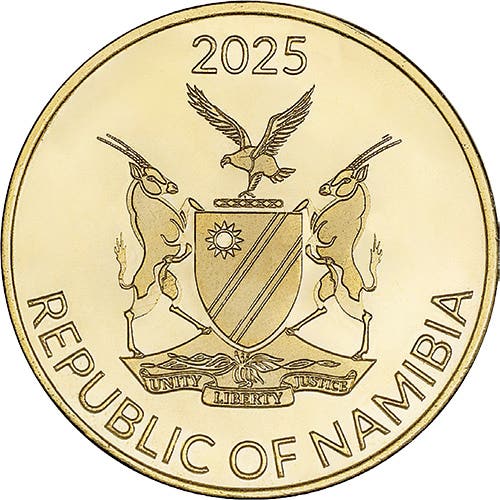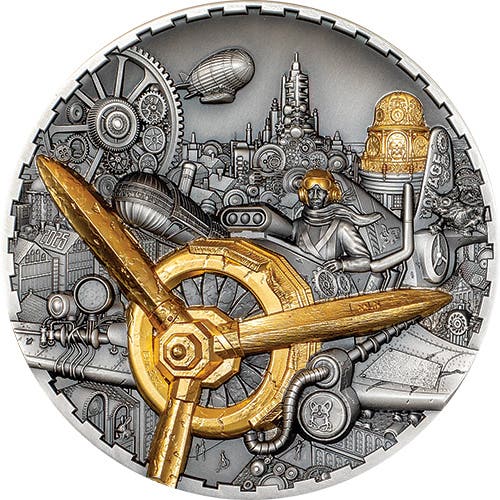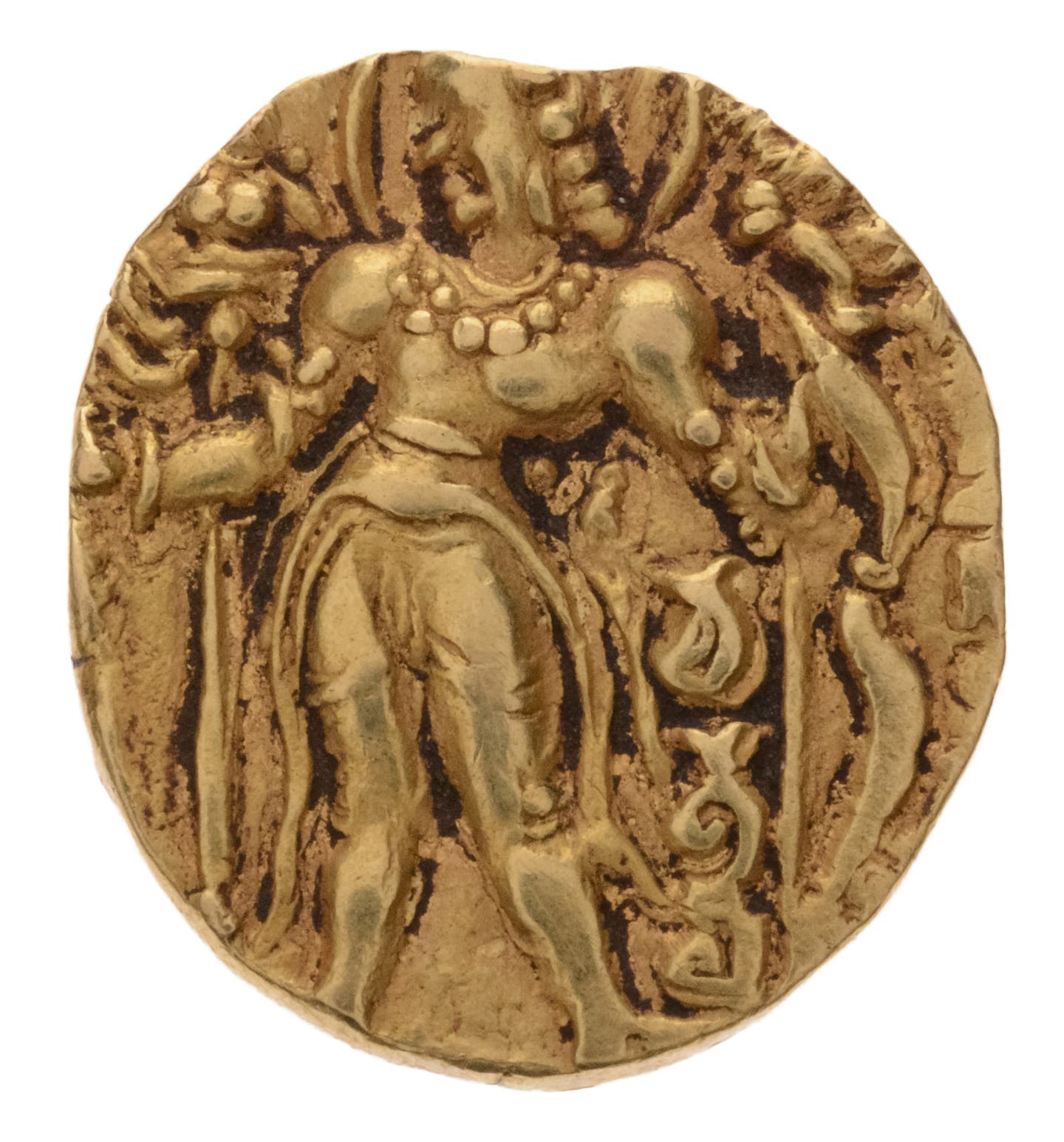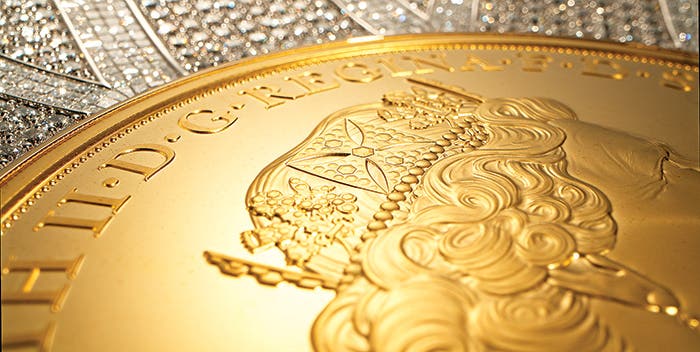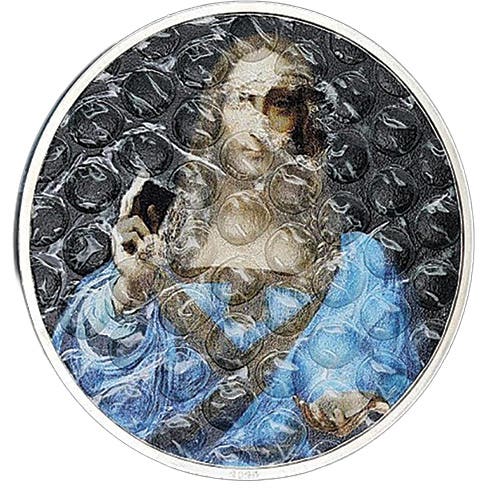Around the World: Euro Starter Packs are Collectible
Euro starter packs, first sold to help citizens adjust to the common currency, have become sought-after collectibles among coin enthusiasts worldwide.
Here’s a specialty to consider collecting: starter sets of euro coins. These kits are introduced by countries that are entering the eurozone and adopting the euro as currency. All euro starter sets come packed in a sealed plastic sachet.
Bulgaria is the latest country to offer starter sets of euro coins. Effective January 1, 2026, the Balkan nation will replace its lev-denominated currency with the euro at a fixed exchange rate of 1.95583 leva to the euro.
According to Postbank, the fifth-largest bank in the country, starter packs of Bulgarian euro coins are planned to be sold at their euro value equivalent prior to the official changeover, which is scheduled to begin in December. Individuals will be limited to purchasing two kits per transaction. Businesses have no limit to what they can purchase. It wasn’t clarified at press time, but the business kits may include euro bank notes as well as coins.
Postbank said the consumer sets will be valued at 20 leva and will contain euro coins with a face value of €10.23. Business kits will cost 200 leva and will have a face value of €102.30.
In preparation for the change in currency systems, a pre-supply arrangement known as a “top-up” will enable businesses to acquire euro coins and notes starting in November 2025.
At least 23 other countries have offered euro starter kits to consumers, and in several cases, businesses, for familiarization purposes before officially using the common currency. Some of these kits have been stored unopened and kept as collectibles. At the time this article was being written, an unopened 2002 Austria euro starter kit was offered on eBay for $89.30.
The Austria starter kit was released in mid-December 2001, the public sets selling for €14.54 or 200.07 schillings (rounded to 200 schillings). Business starter kits were available beginning in September, and each contained €145.50 in Austrian euro coins. A total of 6 million public and 750,000 business kits were issued.
Andorra is not a member of the European Union, but it has a relationship with the EU regarding its manufactured goods. The nation issued starter kits in December 2014, initially priced at €3.88 and containing eight coins.
Belgium mini starter kits issued in 2002 are valued at €12.40, or about 500.214 francs, and business starter kits, valued at €240, are priced at 500 francs.
Croatia issued public starter kits containing 33 coins valued at €13.28 (or 100.06 kuna) and business kits with 525 coins worth €145.50 (or 1,096.27 kuna) through the Croatian Post in December 2022. There were 1.2 million public and 200,000 business kits produced.
In December 2007, Cyprus’ central bank sold 189,000 mini starter kits, each worth €17.09, and 22,000 business starter kits, each valued at €172. The remaining 20% of the 250,000 mini starter sets manufactured were exported to meet the demand of coin collectors abroad.
Estonia began issuing public starter kits in December 2010, which contained €12.79 in coins worth approximately 200.12 kroon. Business kits, on the other hand, contained €111 worth of coins packed in rolls and included 15 rolls valued at €198.
Finland began issuing kits containing eight coins, valued at €3.88 or approximately 23.07 markka, on January 1, 2002. There were 500,000 sets issued.
France began issuing kits in December 2001. The starter kits contain 40 coins dated 1999, 2000, and 2001, and were valued at €15.25, or approximately 100.03 francs, with a mintage of 53 million coins.
Germany issued 20-coin starter kits with a face value of €10.23 or 20.01 Deutsche Marks, released in December 2001. There are five different German kits, one each for Germany’s mints. The 2002-A (Berlin) set has a mintage of 12.1 million kits, 2002-D (Munich) has a mintage of 11.6 million, 2002-F (Stuttgart) has a mintage of 12.1 million, 2002-G (Karlsruhe) has a mintage of 8.1 million, and 2002-J (Hamburg) has a mintage of 9.6 million.
Greece starter sets valued at €14.67 or 4,998.8025 drachmae contain 45 coins. Those coins minted in France for Greece have a mintmark “F,” those minted in Finland have a mintmark “S,” and those minted in Spain have the mintmark “E.” There were 3 million sets available.
Ireland’s 750,000 starter packs, each containing 19 coins with a face value of €6.35 or five Irish pounds, were issued in early December 2001.
Italy issued two starter kits, one with text on the bag and the other without. Each of the 30 million kits contains 53 coins and has a face value of €12.91 or 24,997.2457 lire.
Latvia began issuing starter kits with a face value of €14.23 or 10.0009 lats in December 2013. The 45-coin sets have a mintage of 800,000; however, it is understood that only 600,000 sets were sold.
Lithuania released 900,000 mini starter kits, each containing €11.59 valued at 40.02 litas in December 2014. Each set includes 23 coins.
Luxembourg’s starter sets are identical to those of Belgium except for the text on the bag. Belgium and Luxembourg had a pre-existing currency union before joining the EU. The Luxembourg sets contain 29 coins and have a mintage of 600,000.
Malta released 330,000 mini starter and 33,000 business starter kits, with all business sets selling out. The eight-coin mini starter sets, valued at €11.65 or 5,001 Maltese lira, were made available on December 10, 2007. The 34-coin business starter kits, valued at €131 each, were intended to provide businesses with sufficient euros to serve the public as soon as the currency became legal tender.
Monaco is not a member of the EU, but because the principality uses the French franc, it adopted the euro in 1999 by special agreement. Monaco issued 51,200 starter kits in late 2001 at €15.25 or 100 francs each.
The Netherlands issued starter kits at no charge, mounted on cards and in bags that sold for 25 gulden in 2001. The coins available either way are valued at €11.35 face value. The mintage is 8.8 million sets.
Portugal released 1 million 34-coin starter sets in December 2001, which sold for 2,005 escudos, equivalent to a face value of €10. Business starter sets were released in September of the same year, containing €250 value euro coins.
Slovakia starter sets containing €16.60 or 500.09 koruna in coins were sold at Slovak Post branches, banks, and the National Bank of Slovakia. The 1.2 million 45-coin sets sold out quickly.
Slovenia began offering special starter packs to professional cash handlers on December 1, 2006, followed by public starter packs on December 15. Each of the 43-coin sets has a face value of €12.52. There were 450,000 sets produced.
Spain released its “Monedero Euro” or Spanish starter kits in mid-December 2001 at 1,999.96 pesetas for a face value of €12.02 in euro coins. Special starter kits for merchants were released in September 2001. In all, 23 million sets were produced.
Vatican City issued 1,000 eight-coin starter kits featuring Pope John Paul II, each with a face value of €3.88, and distributed them for free.
In 2008, the Vatican issued 6,400 starter kits featuring Pope Benedict XVI, which were distributed free of charge to Vatican City citizens and employees. The second release may have been an obligation made by the EU. The mintage is unknown.
You may also like:




